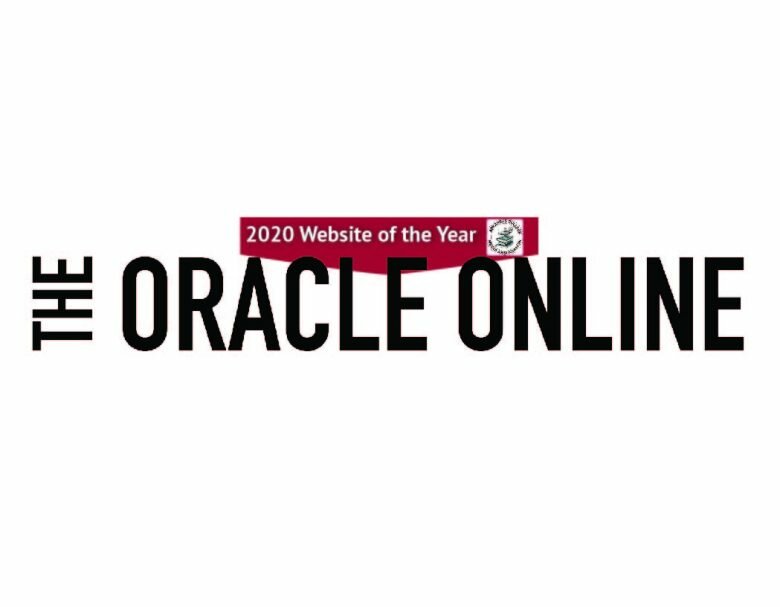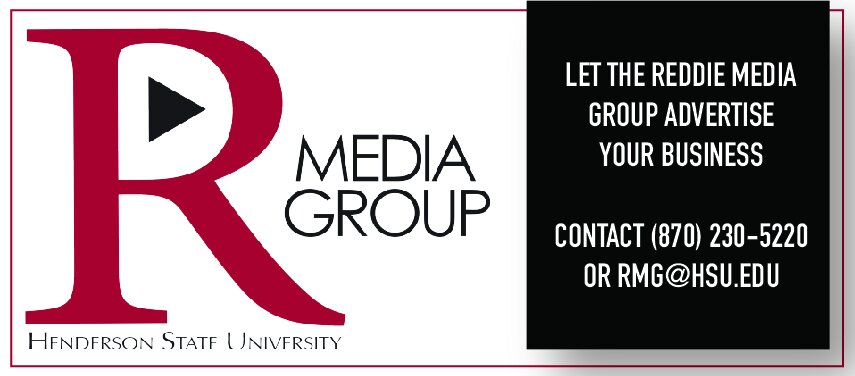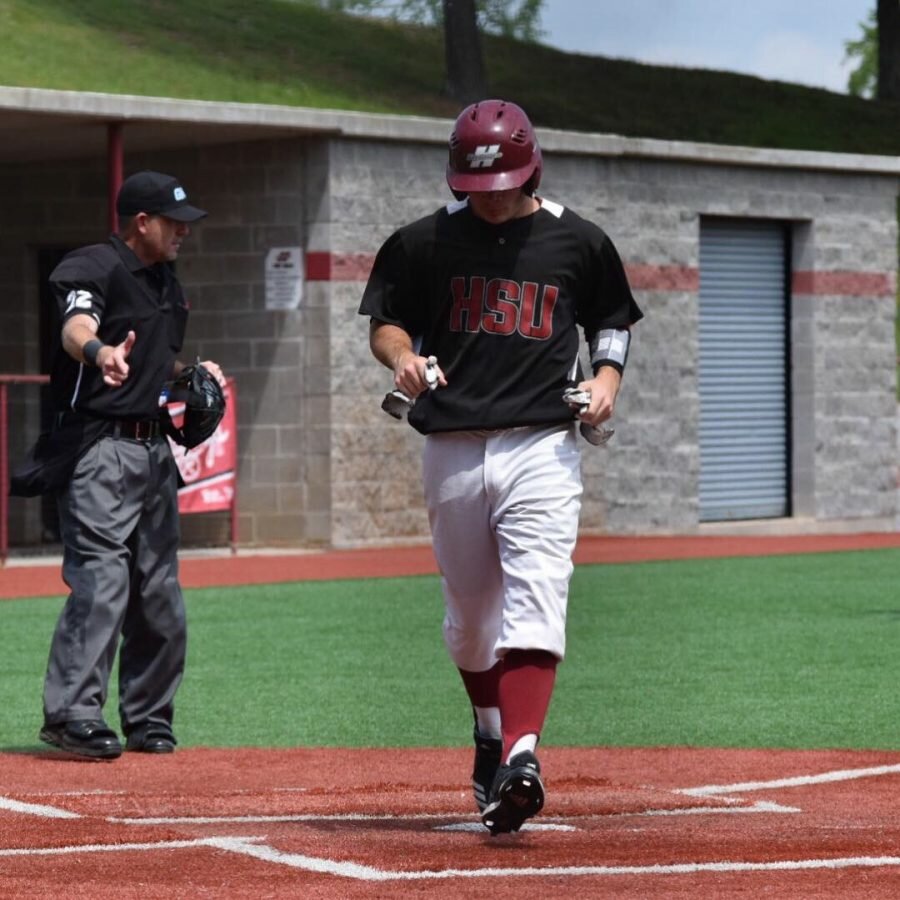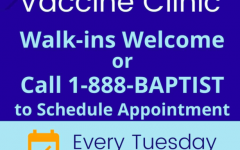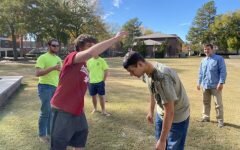The decision: A baseball player navigates life during COVID
I got to the locker room a little before 8:30. It felt as if someone had just died when I walked in. Everybody quiet. Everybody still. Everybody knew what news was about to be broken.
Coach Hooten stepped to the front of the locker room and said, “They’re canceling our season and sending everyone home.”
Those were the only words I heard that night. He went on to say something about staying strong and not knowing about next year. Our assistant coaches tried to be encouraging, but it all went in one ear and out the other. Tears came from my eyes slowly, but I wiped them away quickly so no one could see. My career was over, and I knew it.
After the coaches were done talking, all of my teammates and I went around the locker room, saying goodbye to each other. It sucked. Some guys’ eyes were red, mainly seniors, from crying, and I sure hope mine did not look like that. I was crying because I knew I was done, but I also felt for the seniors. Two of my closest friends on that team were seniors Taylor Langston and Danny Mitchell.
Taylor remembers more than me about what our coaches said. Our graduate assistant coach Logan Moose said, “You guys are more than just baseball players. The way you act, the way you treat people, and the way you respond to life is what defines you.”
There was a lot of vulnerability in the room that night. A lot of honest, heartfelt conversations were had. Danny had a conversation with one of the freshmen, Jordan Rusnak. Jordan and Danny hugged, and Jordan said, “I appreciate you, bro. You took me under your wing and showed me the ropes. You’ve helped me become a better player and a better person.”
Danny responded by wishing him good luck. The seniors were hopeful that the NCAA would grant them another year of eligibility, but that was yet to be decided. This was goodbye for them.
I told a lot of lies that night. I said to different guys, “It’s okay; I’ll be back next year.” My throat burned each time I said those words. I don’t know if it was from holding back tears or if lying just hurt me that much. As I walked around the locker room, I heard a lot of guys saying things like “I love you, bro,” and “Keep your head up.” It was one of the most emotional nights of my life. I was hurting from my decision to quit, and I wanted to be alone, but I knew the importance of being there for my teammates. After we all said our goodbyes, I went straight to my car. The parking lot was full of my teammates’ cars, but it felt like I was the only one there.
It’s a night that every one of us will remember. There was so much emotion and vulnerability in that room. It was a group of brothers, not teammates, hugging and supporting each other. A fly on the wall might have considered it beautiful.
We had had practice earlier that day. It was the strangest practice I had ever been to. Coaches were trying to get us to focus, they were pushing us to get our energy levels up, but it didn’t matter.
“We’re not going to get to finish the season,” Taylor said to me. It was Taylor’s sixth year playing college baseball, and he was coming off of Tommy John Surgery. When he uttered those words, I couldn’t help but feel sorry for him.
“I hope you’re wrong. It wouldn’t be the first time,” I tried to be light-hearted in my response, but it didn’t matter what I said. I could tell he was crushed.
I felt sorry for all of the seniors that day at practice. Every one of the seniors was thinking the same thing. “Is this my last practice ever?”
The days leading up to that meeting were rough as well. So many questions over a few very long days. “What’s going to happen next?” “Are they going to cancel the season?” “What about the seniors?” All of these questions were asked by everyone, but I didn’t really care. The only question I cared about was the one my dad had asked me a few days earlier when panic broke across college campuses everywhere due to COVID-19 concerns. “What are you going to do next year?” he asked in a loving voice filled with concern. He did his best to assure me that he didn’t care what decision I made, but I knew what he wanted me to do.
I knew my dad wanted me to be done. Both he and my mom had this fear that I would chase my baseball dreams until the day I died. They knew how much I loved baseball and were scared it would be the death of me. It almost was.
I tore the labrum in my shoulder earlier that winter over Christmas break. It was a strange feeling. I woke up one morning with what I thought was just soreness from throwing the day before. Usually, when I was sore, I would stretch to loosen it up, then I’d be fine to go out and throw again. This was different though; the soreness didn’t go away, and the pain was much more significant than usual. I went out to throw that afternoon and quickly stopped as I had shooting pain through my shoulder.
I had spent several weeks that spring rehabbing it, but it didn’t help. Every throw I made felt as if someone was stabbing my shoulder with a knife, and the pain grew with every throw I made. The last thing I wanted was surgery. If that happened, my baseball career was over. I would graduate before it healed and would never play baseball with the name “Reddies” across my chest again.
I wrestled with that question every day, no matter where I was at. Once upon a time, I would go to baseball practice, and hard questions would disappear, but playing baseball slammed the question in my face. Baseball was no longer an escape, but an arena where I wrestled with this life-changing question.
I finally made up my mind, so I called my dad. He was immediately concerned because I never called home, and if I did, it was to ask my mom a question about how to cook something or for money.
“Hey, is something wrong?” my dad said when he picked up the phone.
“No, I just wanted to let you know that I’m not going to play next year.”
“Are you sure? I know how much you love playing, and you’ve worked so hard.”
“Dad, I can barely throw at this point, and surgery isn’t an option if I want to play next year. There’s no other option. I would love to play, but physically I can’t. I’ve done the rehab, and it’s not working.”
“Sorry bud, I wish there was something I could do. I know how hard you’ve worked and how much you love playing. I love you.”
“I love you too, Dad. I’ll talk to you later.”
I hung up the phone, and it was the first time I had thought about not playing anymore. It was a challenging moment, but it didn’t compare to the locker room when Coach Hooten broke the news.
The day was March 12. I showed up to practice dreading it with my mind racing. The practice was good, I guess. I don’t remember much of it outside of my conversation with Taylor. I remember that night vividly, though. At 7:20 that night, I got a text from my head coach saying, “Let’s go ahead and meet in the locker room tonight at 8:30. I encourage the fellowship with those guys at Lane’s before you come to the locker room.”
It was a Thursday night, and I usually led a Bible study with one of my teammates at Lane’s house, but that night I was not in the mood. I knew what the meeting was for.
Then it happened. The meeting. The end, but also the beginning. The beginning of something that would impact me for the rest of my life.
I began my pursuit of being a sports podcaster/radio host. I grew up talking and playing sports, but it’s something I never thought about doing until my freshman year. It’s all thanks to a good friend of mine, Zack Gray.
Zack was a volunteer assistant coach during my freshman year. We butted heads a bit that year, but we both wanted to be great baseball players, so we got along pretty well. I’ll never forget the day that I discovered that I might be interested in sports media, but I didn’t even know it.
It was a Sunday night, and we had weights for baseball. Zack, being from Ohio, was a huge Cincinnati Bengals fan. The Bengals had won that day, and their starting quarterback Andy Dalton led them on a game-winning drive. Zack came into weights ecstatic, and he said, “Andy Dalton is a top 10 quarterback in the league.” He was wrong. And I let him know that he was wrong. I replied merely saying, “Andy Dalton is not a top 10 quarterback in the league.” We went back and forth for a couple of minutes like six-year-olds. He’d say, “Yes, he is,” and I’d respond, “No, he isn’t.” He finally challenged me to name ten better quarterbacks than Andy Dalton, and I did. He wasn’t happy. He replied, “Shut up, J. Smith, you don’t know anything about football.” I have to admit I was both happy and offended. Happy because I’d gotten on his nerves, and offended because he had insulted my intelligence in an area where I knew my stuff.
That conversation led me to picking games every Sunday on Twitter. I would predict the winners, and if I did well, I would let Zack know about it. If I didn’t do well, he’d let me know about it. My desire to share my opinions with the sports world only grew from there.
In the fall semester of the following year, I enrolled in a radio class where I could have my own show. I remember asking, “Do we have to play music while we’re on the air?” Paul Glover, my professor, responded, “No, you can do whatever you want. You can do a sports talk show. We’ve had kids do trivia shows in the past. It’s entirely up to you.”
My show was an hour-long one day a week. I did a sports opinion show where I would talk about whatever was going on in the sports world. I fell in love with every part of the show. I loved the research. I loved coming up with creative ideas to express my opinions. I loved interviewing guests and everything else that came with having the show. My friends would listen and say things like “I really enjoyed your show,” or “Nice show, but your Cowboys take sucks.” I still get comments like that from different people.
The enjoyment I found in doing the show, and the positive feedback I received led me to enroll in a podcasting class the following semester. The process was similar, but instead of my shows being live, they were prerecorded. This allowed me to go back and listen to myself, which allowed me to improve to where I am today.
In the first semester of my senior year, I was hired as the radio station’s sports director on campus. I continued to have my own show, and I’ll never forget the conversation I had with Professor Glover. He called me into his office after one of my shows on a Monday morning.
“Hey, Jonathan I really enjoyed your show this morning. You’re right on about Georgia; they need a better quarterback.”
“I’ve been saying it for a while; it’s nice to have someone agree with me, finally.”
“I just wanted to call you in here to let you know that your show is doing really well. There is another sports radio show here in town, and your ratings are competing with theirs.”
It was exactly what I needed to hear. Ever since I hung up my spikes and started to pursue sports radio, I always wondered if I’d made the right decision. That conversation confirmed it for me.
I am so thankful for my labrum tear and COVID-19 canceling my baseball season. Without those two things, I never would have fully committed to chasing this sports media dream. COVID-19 put a lot of people’s lives on pause, but it jump-started mine.

